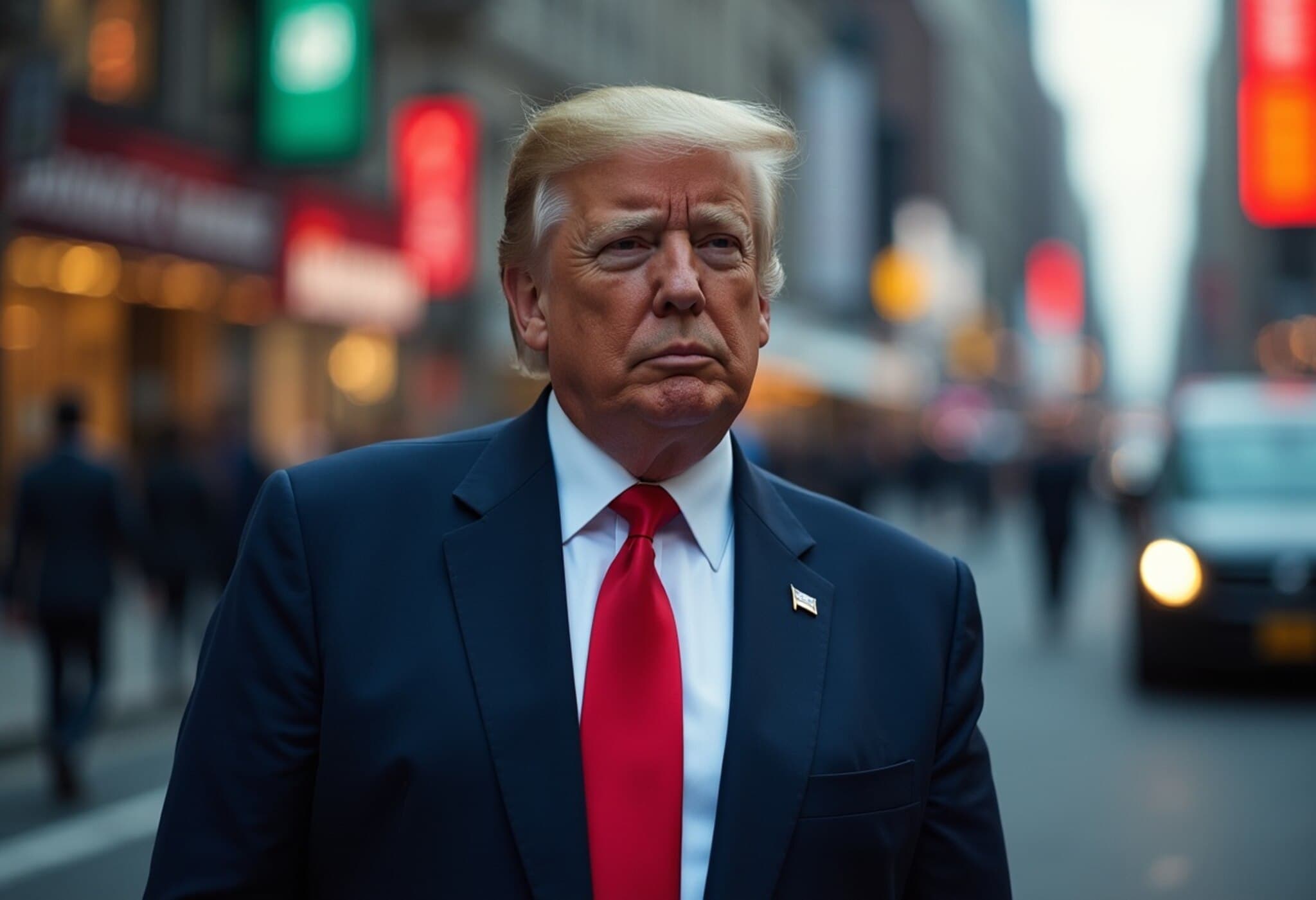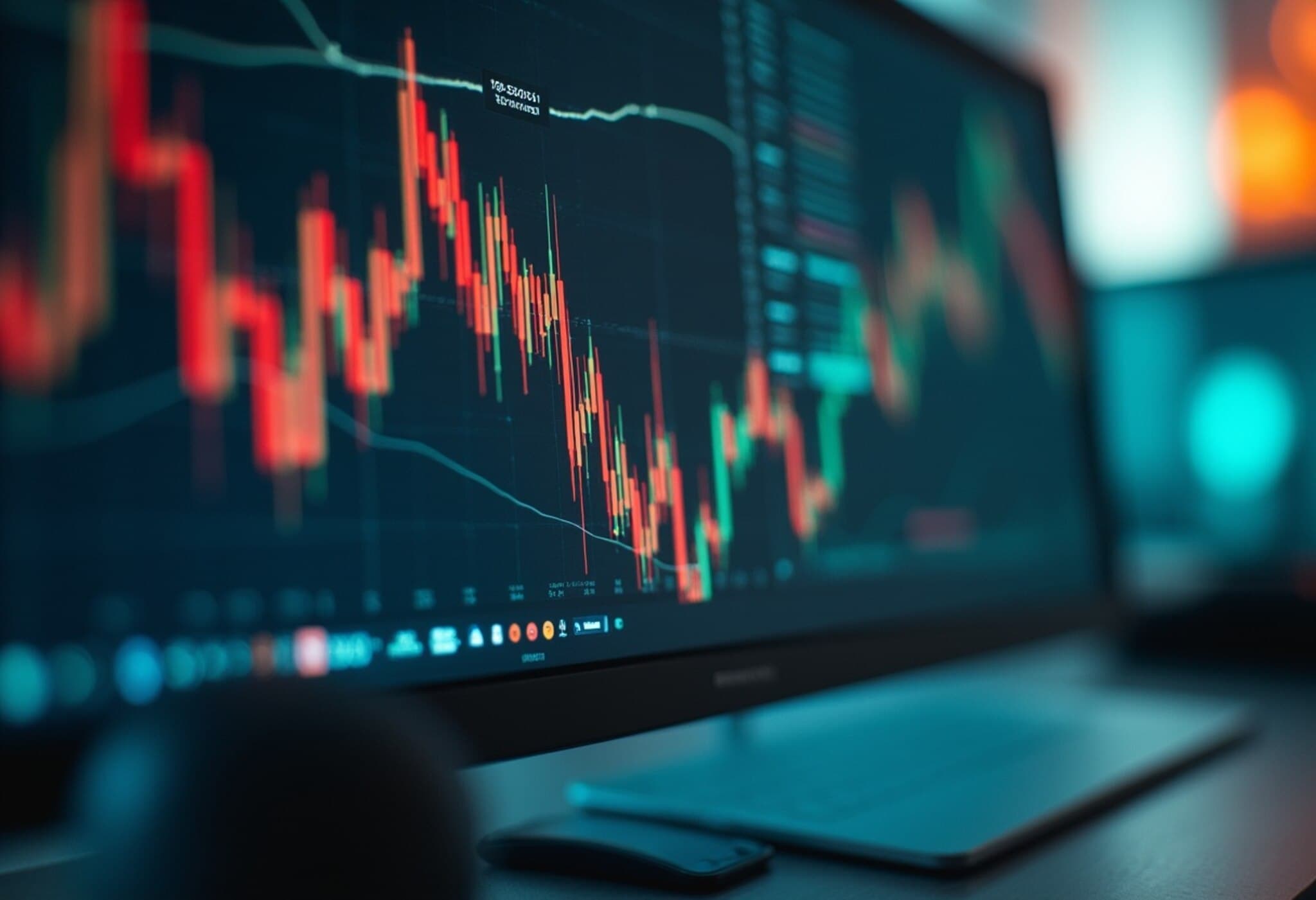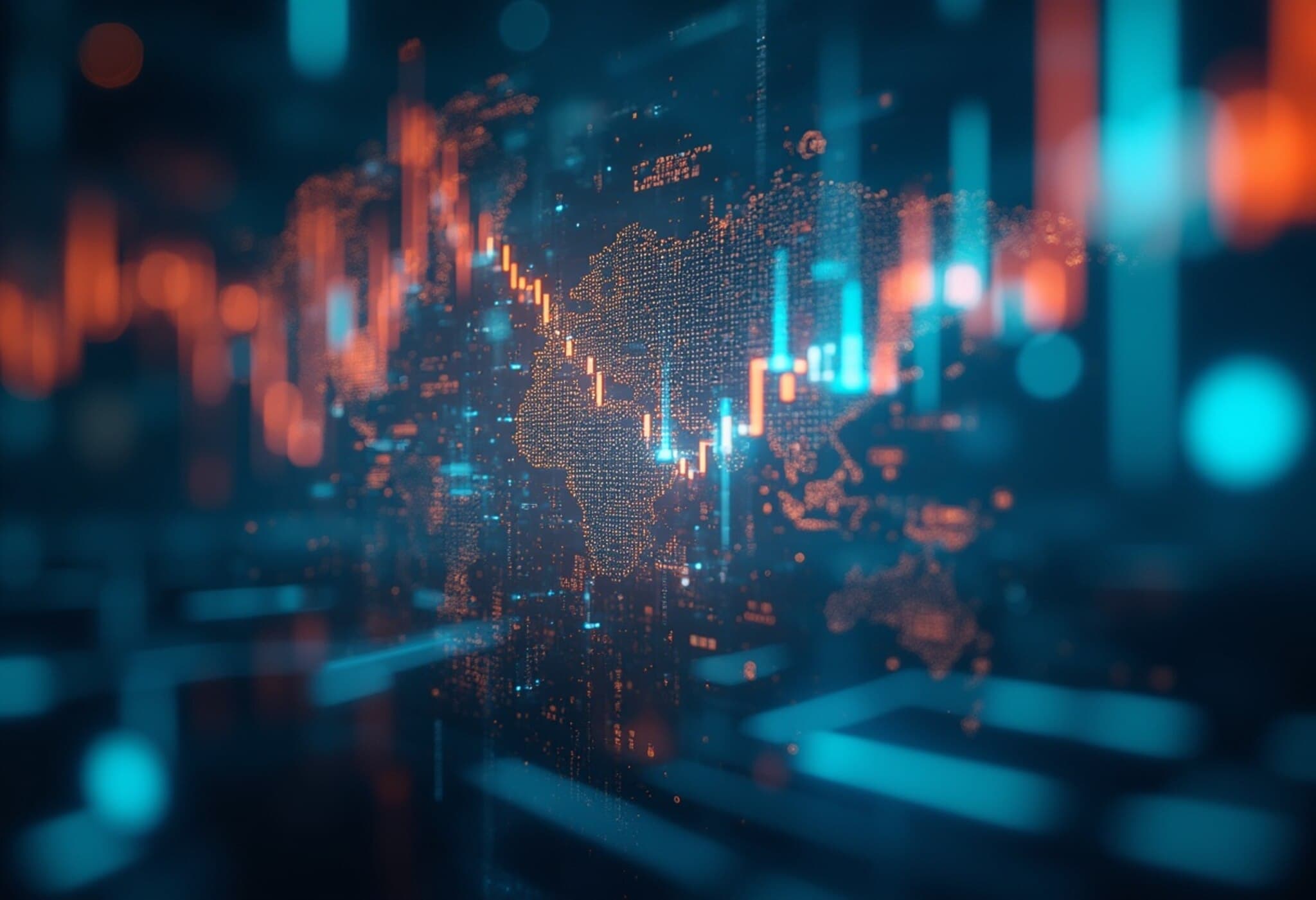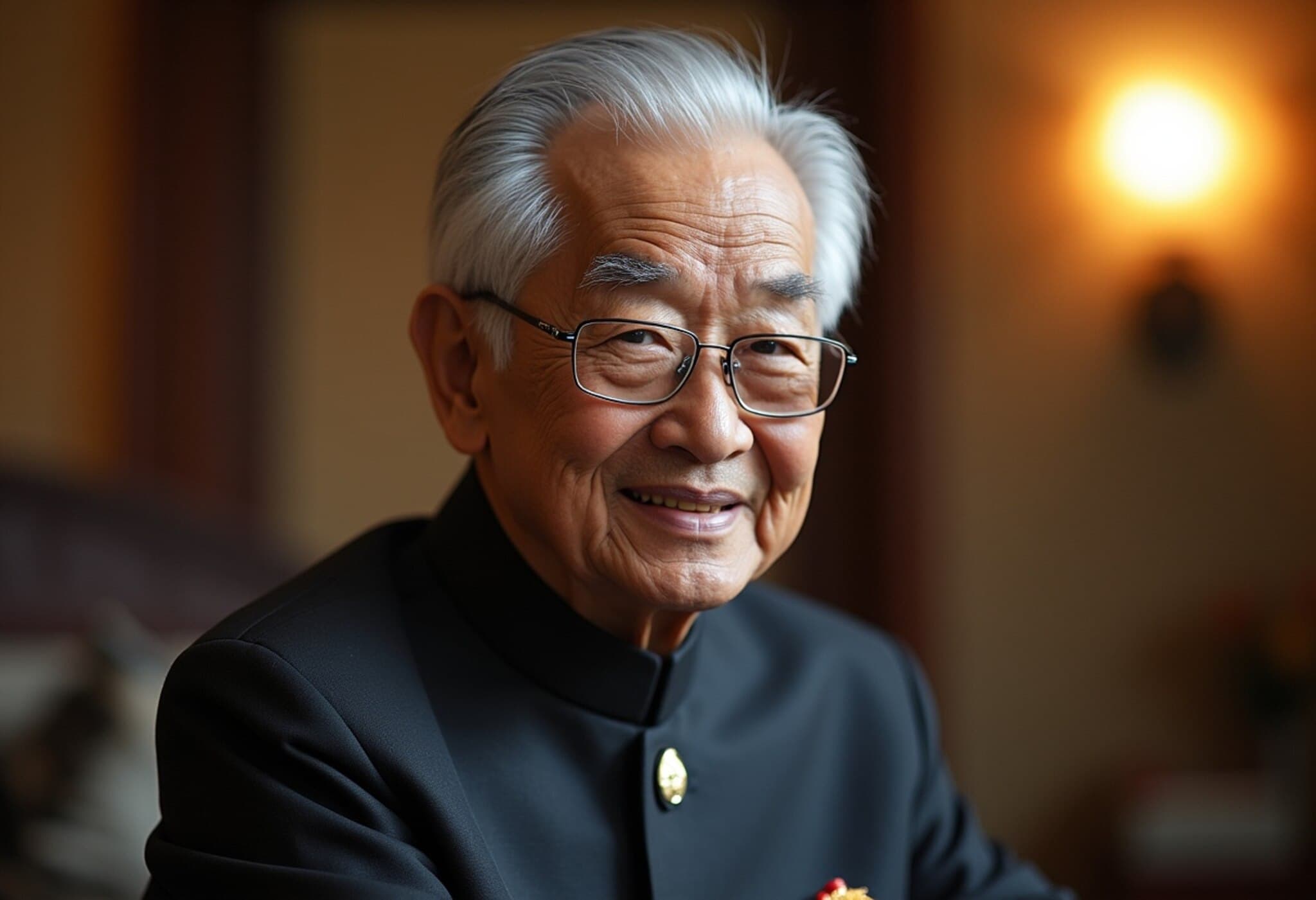US Announces Fresh Tariffs as AI Drives Market Rally
On July 9, 2025, U.S. President Donald Trump announced new tariff measures targeting imports from several countries, signaling a heightened trade protection stance just as investor enthusiasm around artificial intelligence (AI) surges. While these tariffs—including a striking 50% duty on copper imports from Brazil—aim to recalibrate trade dynamics, Wall Street’s gaze remains firmly fixed on the explosive growth in AI-related technology stocks.
Expanded Tariff Measures: What’s Changing?
President Trump unveiled updated tariff letters affecting commodities and goods from seven countries, among them Mexico, Philippines, Brunei, Sri Lanka, Moldova, Algeria, and Iraq. Notably, Brazil faces the steepest penalty, with a substantial 50% tariff on copper imports set to take effect August 1. This unprecedented rate reflects tensions surrounding Brazil’s political turmoil, notably the trial of former president Jair Bolsonaro, whose legal battles relate to contested election results in 2022.
While these measures underscore a strong assertion of American economic interests, experts note that markets are largely discounting these tariff announcements, illustrating investors’ shift in priorities amid broader technological transformation.
Markets Respond: AI Steals the Spotlight
Despite fresh tariffs, U.S. stock indexes climbed on Wednesday. The Nasdaq Composite surged 0.94% to an all-time high of 20,611.34, buoyed by robust gains in leading tech giants. Nvidia stood out as a trailblazer, becoming the first company ever to surpass a $4 trillion market valuation. Other titans like Meta Platforms, Microsoft, and Alphabet also rallied, fueled by investor zeal for AI advancements and underlying optimism about the sector’s potential to revolutionize industries and productivity.
Why AI Dominates Despite Trade Frictions
Technological innovation—especially in AI—is increasingly viewed as a more critical engine for growth than traditional trade flows. Analysts argue that while tariffs might marginally disrupt supply chains or costs, the transformative impact of AI-driven sectors could redefine competitive advantages globally. This phenomenon reflects a broader economic narrative where knowledge-intensive industries attract capital regardless of geopolitical tensions.
Other Key Market Highlights
- Starbucks China Sale: The coffee giant’s Chinese operations have drawn bids approaching $10 billion from about 30 domestic and international private equity firms, signaling strong investor confidence in China’s consumer market despite economic headwinds.
- Federal Reserve Outlook: Minutes from the June 17-18 meeting reveal Fed officials anticipate future interest rate cuts to moderate inflation pressures, though opinions differ on the magnitude. Tariff-induced inflation is considered "temporary and modest," but weakening economic growth and labor markets remain concerns.
China’s Hidden Economic Challenge: Real Estate Slump
Beyond trade and tech, China’s economy grapples with a persistent real estate downturn. The market’s decline has chilled consumer confidence and suppressed related industries, presenting a formidable obstacle to growth. Despite government efforts to mitigate risks, the sector offers a cautionary tale about underlying vulnerabilities that could affect global economic stability.
Expert Insight
From a policy perspective, the U.S. tariffs highlight ongoing attempts to assert economic sovereignty and respond to geopolitical dynamics, particularly in regions with political instability. Yet, the muted market reaction suggests investors prioritize innovation-led growth over traditional trade protections. This pivot aligns with broader trends wherein AI and technology sectors are increasingly the heartbeat of global capitalism.
Financial strategist Dr. Angela Martinez notes, "The divergence between trade policy and market sentiment illustrates a nuanced reality—investors recognize that the future economy is not just about tariffs and commodities but data, algorithms, and AI capabilities. The resilience of tech stocks amid diplomatic frictions underscores how innovation can override short-term economic conflicts."
Conclusion
As President Trump rolls out new tariffs, the global economic landscape continues to evolve with unprecedented rapidity. The interplay between protectionist policies and technological innovation frames a complex narrative with significant implications for U.S. trade strategy, investor behavior, and global market leadership.
Editor's Note
In a world where tariffs and tech giants compete for headlines, discerning the real drivers of economic progress is critical. The current market’s embrace of AI over trade disputes poses essential questions: Will innovation ultimately reshape global trade balances? Can traditional tariffs curb rising tech dominance? As these forces unfold, staying informed and critically engaged is paramount.



















